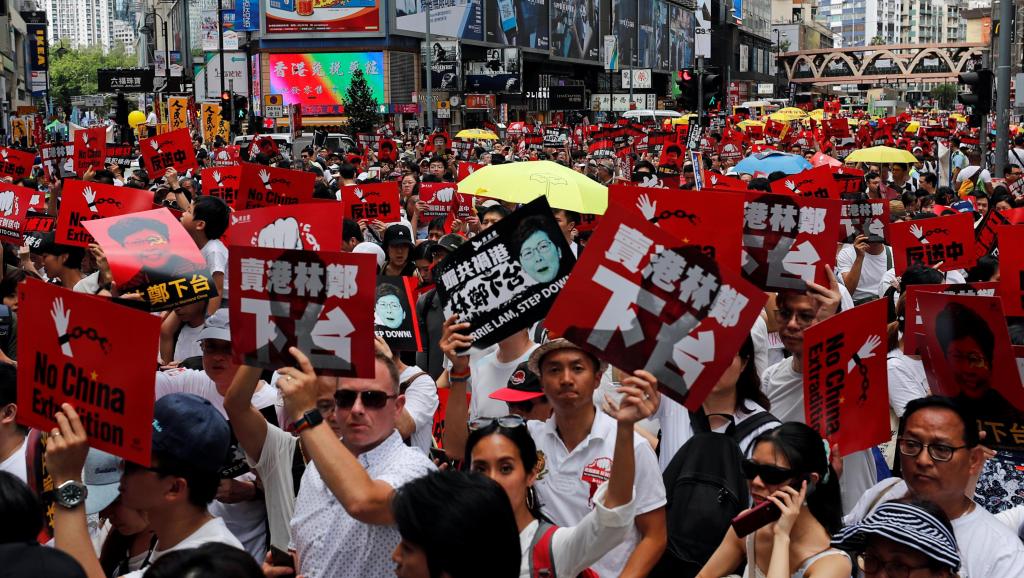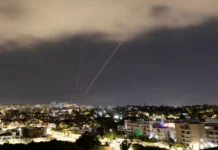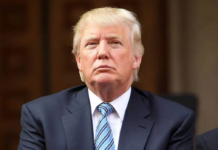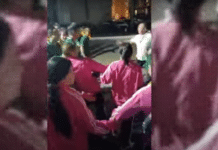After the historic June 9 demonstration, how can the mass struggle go forward?
Leaflet issued by Socialist Action (CWI in Hong Kong)
The struggle against Carrie Lam’s evil extradition law is now in a critical stage. Even after one million people have marched in anger, filling the streets for eight hours on Sunday, the government says it will not back down. On Wednesday June 12 the amendments go to the Legislative Council (Legco) for debate. Many like us will go to protest.
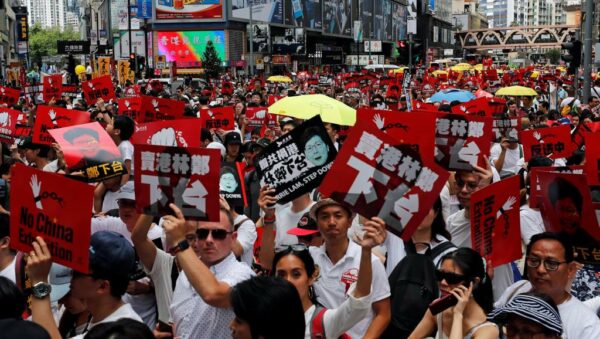
Xi Jinping’s fear
Today, the Chinese dictatorship (CCP) under Xi Jinping’s rule is more authoritarian than in 2003, when mass protests defeated the government and stopped Article 23 national security legislation. The CCP fears that if it allows a victory for the Hong Kong democracy movement this would spread as an example to China’s masses.
Moreover, the escalating Sino-US conflict makes the stakes even higher for Xi Jinping – making the extradition law a symbol of the CCP’s power in Hong Kong and against “foreign interference”. The people of Hong Kong have already seen that a protest march alone, even a gigantic one, is not enough to force the government to make concessions, so what is the next step? Now, spontaneous strikes and and discussions about strikes are spreading from below and this can take the struggle to a new stage.
Political strike
Many including teachers, social workers, bus workers, students and others are discussing the need for a strike. This can be the biggest change Hong Kong politics has seen. One of the reasons the Umbrella Movement failed in 2014 to force concessions from the government was that strike action was never discussed, a fatal weakness. While the government can ‘ignore’ even the biggest demonstrations, even occupation, when the economy stops and working people show they are the real power in society this is a much greater challenge to the government’s rule.
Socialist Action has campaigned for a Hong Kong-wide political strike since the start of this struggle. We were the only organisation demanding a strike on the June 9 demonstration. Now thankfully the idea of a strike is gaining in popularity.
This can be the equivalent of a dam bursting. In the past, many have felt that a political strike against the government’s policy is “too difficult” but this view is changing. The current strike rumblings open the possibility to escalate this struggle and could set off a wave of further actions.
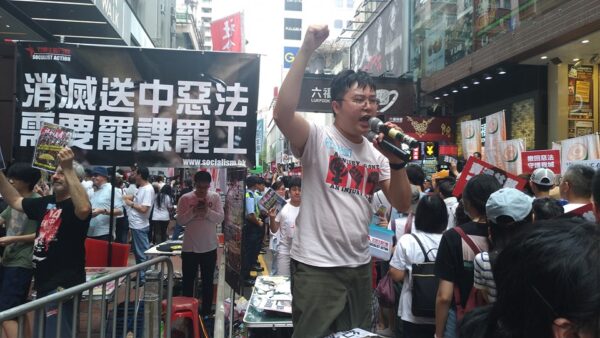
Strike needs organisation
But strikes cannot rely just on spontaneity, they need to be organised. The spontaneous movement for strikes happening now is a vital start, but to be truly effective more and more organisation, preparation, coordination is needed. On the one hand the leaders of the Confederation of Trade Unions (HKCTU) need to take their full responsibility and give a lead to this process. On the other hand, in big sectors of the Hong Kong economy there are no unions, or unions are traditionally weak, so there is an urgent need to immediately set up workplace committees, to call meetings and put the issue of strike action to a vote, using petitions, posters, social media to organise and get employees to join together. Striking is a not an individual but a collective action.
On social media posts are circulating about the general strike in Sudan, which the working people in that country have organised as they battle to bring down the military dictatorship. Hong Kong’s mass struggle is learning and catching up – looking to International examples of mass struggle. This is also a positive change, compared to harbouring blind hopes in Western ‘democratic’ governments. These governments value their business deals with the Chinese dictatorship too highly to offer any more than verbal criticisms.
Socialist Action believes the next step in the struggle should be the calling of a one-day political strike with the aim of a total or at least significant shutdown of the local economy. Plans for a one-day political strike begin with naming the date, which should be decided at the mass rallies today, to give workers and students plenty of notice to organise in their workplaces and classes. A big strike rally and march should be organised on the same day as the strike to bringing everyone together in a show of force and to decide the next step.
This would be a warning to Lam’s government, that an even bigger and longer strike will follow unless the extradition law is abandoned. A Hong Kong-wide political strike will echo around the world and across China, and shake this brutal regime.

